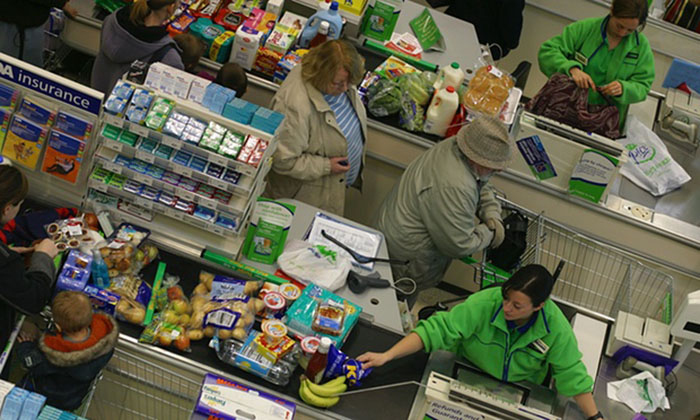The report by the IPPR thinktank, Who’s bread winning in Europe, shows that the proportion of working women who carry the main financial burden has grown dramatically in recent decades following a surge in single parenthood.
Over the past two decades, employment among single parents – mostly women – had risen dramatically from 47.1% in 1996 to 65.7% in 2014, the report said.
The rise in single parenthood contributed to an overall increase in maternal breadwinners from 23% in 1996 to 33% in 2013.
A substantial rise between 2008 and 2011 was fueled by an increase in maternal breadwinners in couple households, the report said, highlighting the accelerating decline in pay and job security in traditional male jobs in the aftermath of the financial crash.
But their earnings are in the bottom half of the income scale, putting them in the front line when tax credit cuts bite next April.
Unlike the Netherlands, where female breadwinners are represented evenly across all income brackets, the report said that, in Britain, there was a higher concentration in lower-income brackets. In working families, in the bottom half of the income distribution, 37% had the mother as the main earner; in the top half, it was 29%.
A comparison with EU countries showed that some of its hardest-hit economies have the highest proportion of women breadwinners. Latvia, Lithuania, Slovenia, Portugal, Croatia and Ireland make up the top six. In Latvia, women are the main breadwinner in almost 50% of households.
Countries that have seen a sudden surge since 2008 include Italy, Spain and Cyprus.
An in-depth comparison with Germany, which has a maternal breadwinner rate of 27%, reveals that a rise in single-parent families accounts for the bulk of increase in both countries, though single parents play a larger role in Germany.
The report said this was in part because German mothers were restricted in their ability to work by childcare responsibilities.
“Most children start school at four in the UK though the legal requirement is at five. In Germany, children start school at six. This is likely to have a dampening effect on maternal employment for German mothers,” it said.
Across Europe, nearly one in three (31.4%) mothers in working families with dependent children are breadwinners as the trend is for more women to take on a heavier financial burden.
The report shows that 88% of families were working in 2014, the highest proportion since records began in 1996 – and dual-earner households are now the norm.
Over the decade from 2004 to 2013, fourm fifths of countries with available data have seen increases in maternal bread winning.
“It also shows that, while more than two thirds (68.3%) of couple households have both parents in work, it is single parents who have driven the rise in parental employment,” the report said.
More about:
















































